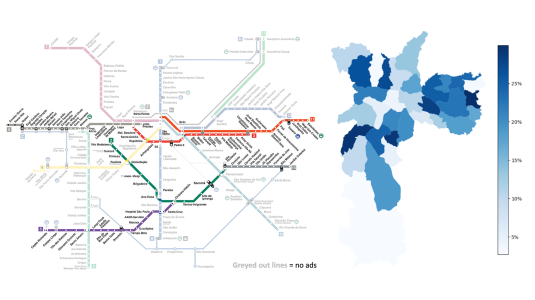MULTIPLE POSITIONS AVAILABLE Employer: AMAZON WEB SERVICES, INC. Offered Position: Economist III Job Location: Seattle, Washington Job Number: AMZ9441983 Position Responsibilities: Work with the chief economist and/or senior management on key business problems faced in retail, international retail, cloud computing, third party merchants, search, Kindle, streaming video, and/or operations. Apply the frontier of economic thinking to market design, pricing, forecasting, program evaluation, online advertising and other areas. Build econometric models using data systems. Apply economic theory to solve business problems. Develop new techniques to process large data sets, address quantitative problems, and contribute to design of automated systems. Apply tools from applied micro-econometrics (e.g. experimental design, difference-in-difference, regression discontinuity, and IV) and forecasting (essential time series models). Leverage big data tools for data extraction. Write up and present analysis for distribution to various levels of management at Amazon. Position Requirements: Ph.D. or foreign equivalent degree in Economics, Finance, or a related field and three years of research or work experience in the job offered or a related occupation. Must have at least two years of research or work experience in the following skill(s): (1) private consulting, government, or academic research; (2) use of program evaluation, forecasting, time series, panel data, and high dimensional problems; (3) use of Python, R, or Stata; and (4) knowledge of SQL. Amazon.com is an Equal Opportunity-Affirmative Action Employer – Minority / Female / Disability / Veteran / Gender Identity / Sexual Orientation. 40 hours / week, 8:00am-5:00pm, Salary Range $159,200/year to $215,300/year. Amazon is a total compensation company. Dependent on the position offered, equity, sign-on payments, and other forms of compensation may be provided as part of a total compensation package, in addition to a full range of medical, financial, and/or other benefits. For more information, visit: https://www.aboutamazon.com/workplace/employee-benefits.#0000




















